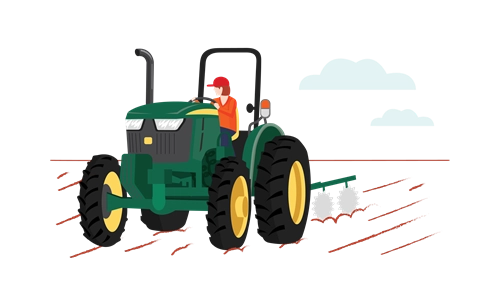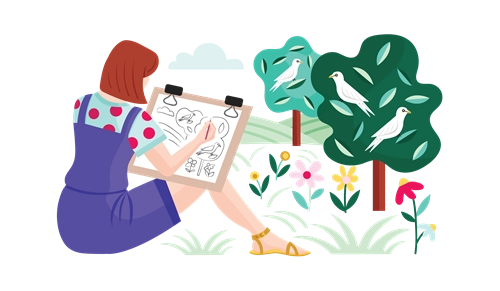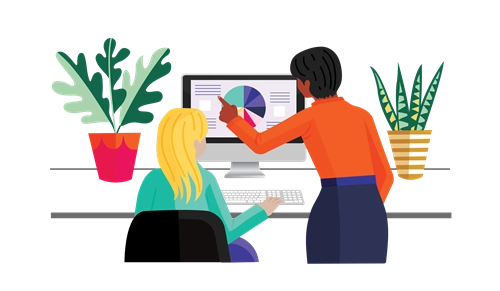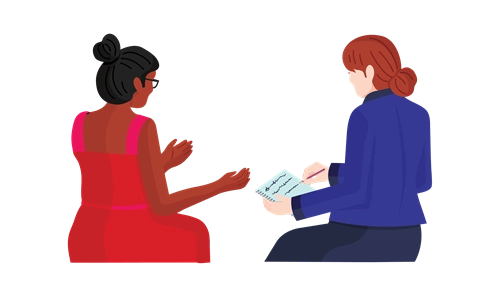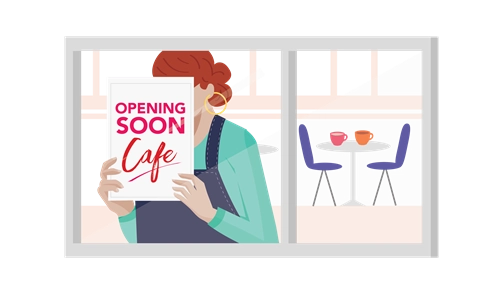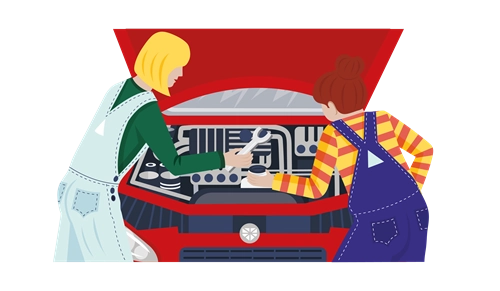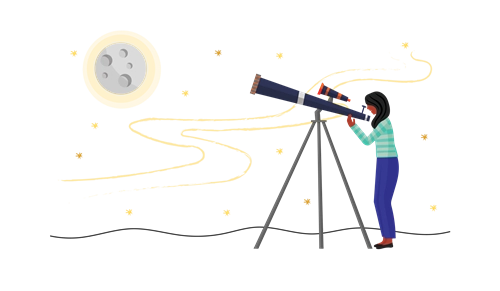Dr Alice Hayward
The GiST chats to Dr Alice Hayward about the highs and lows of research work and the importance of pursuing your passion, regardless of what some aptitude test says.
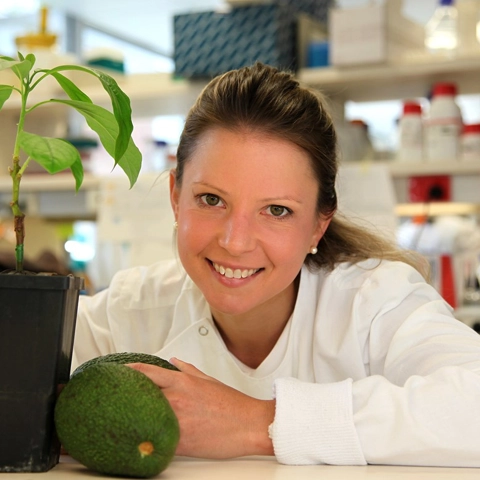
Dr Alice Hayward
Biologist and Research Fellow
"I'm super passionate about the environment and the problems of climate change, biodiversity loss and poverty facing our world."
What is your educational background?
I was fortunate to live in many countries as a small girl, from Papua New Guinea to Saudi Arabia and Indonesia before returning to Australia for secondary school. My parents worked hard to send me to a private secondary school, but I failed the entrance exam! I did get accepted, though, as a boarding student.
I was super fortunate to have some fantastic biology teachers. Although I failed maths a few times and only scraped through chemistry, I was really successful at biology and a few other subjects.
I had wanted to be a vet, but an aptitude test said I wasn’t clever enough and should be a mechanic!
In the end, I worked really hard to get a good university entrance score and was accepted into a Bachelor of Science at The University of Queensland (UQ). Here I fell even more in love with biology, especially the study of plants and genetics. I just kept going from there, through my Bachelor’s degree with Honours and then a PhD. I worked and studied hard, but biology came naturally to me, so I kept following what I was good at.
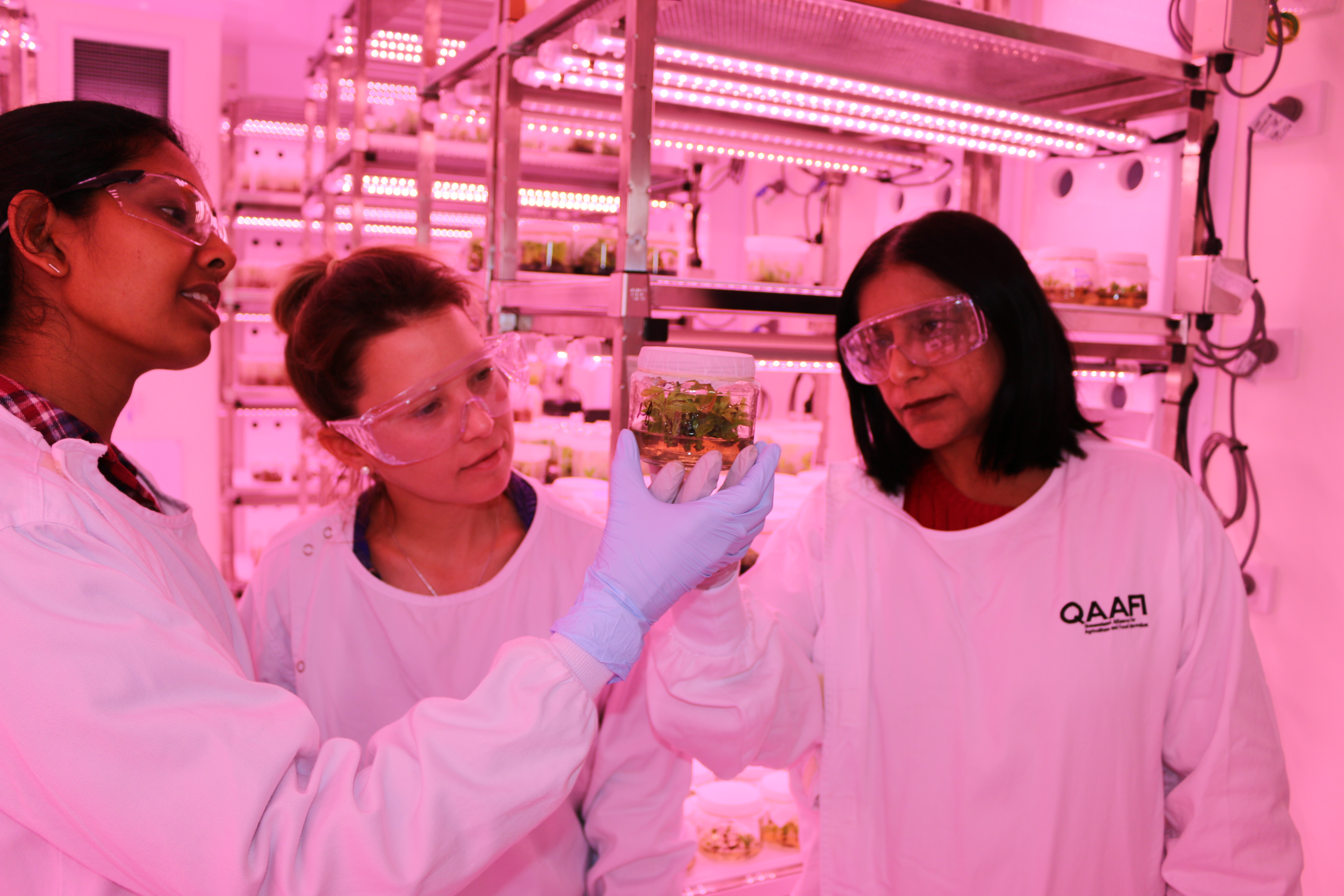
Image credit: UQ Media
Tell us about your job and how you got to where you are.
I’m a Research Fellow at the Queensland Alliance for Agriculture and Food Innovation at UQ. Our lab has an amazing team using the latest technologies in plant biology and genomics to address challenges for sustainable and resilient food production. We also work on cryo technology (storage of live plant cells at very low temperatures – minus 196 °C) to conserve and recover endangered plant species threatened by climate change and disease pandemics. Our lab has achieved world firsts for species, including the most Instagrammed food in the world – avocado.
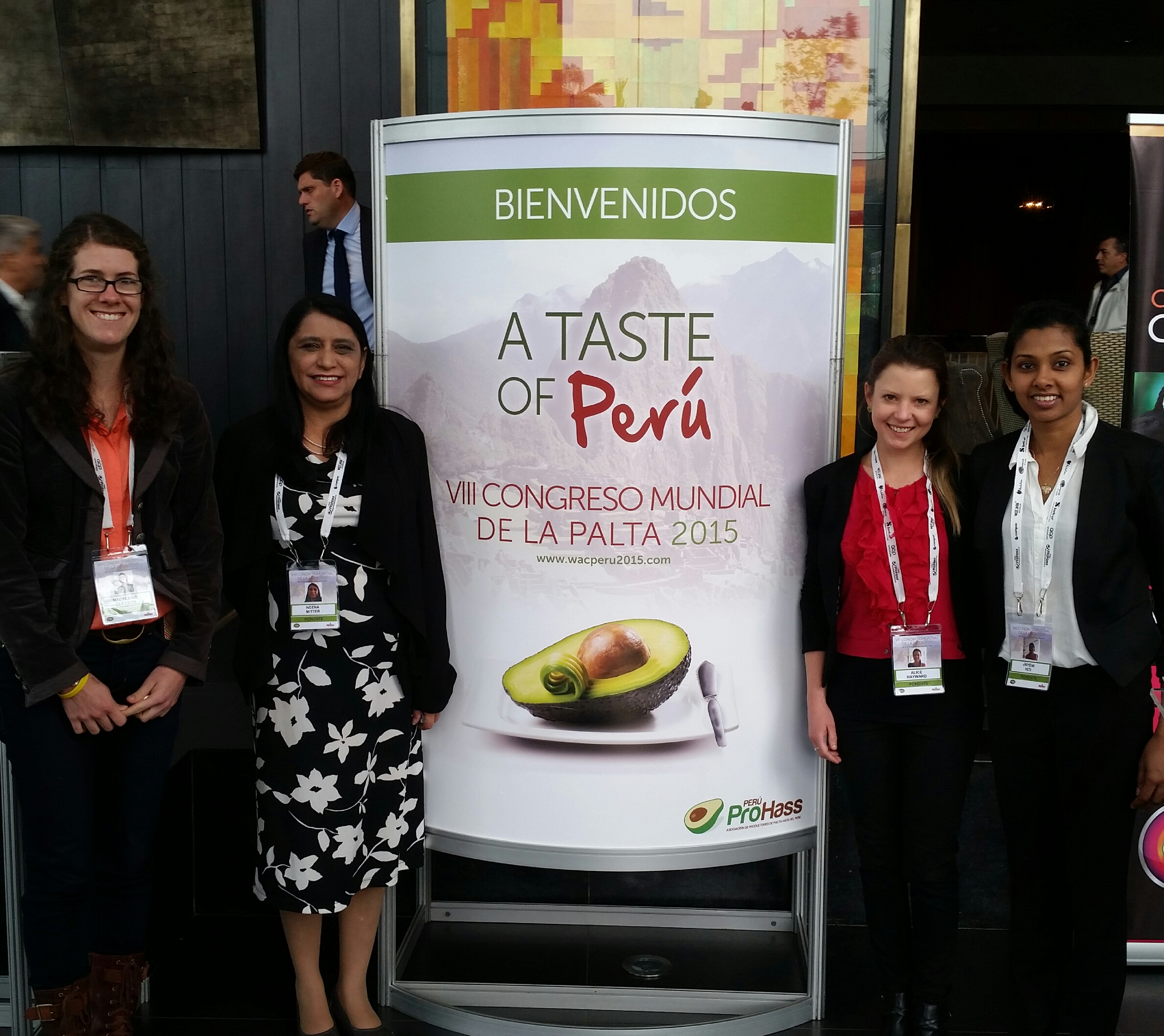
At university, you get to finally get to concentrate work on what you really like. After my Bachelor's degree I didn't feel ready for a job. I decided to continue onto a PhD at UQ. Since then, I have continued to chase opportunities.
I have worked as a research scientist in three different labs in Australia and China and travelled to conferences in many places, including Peru and Prague. Some incredible women and men have supported and inspired me at home and in my career, most notably my mentor and advisor, Professor Neena Mitter. Having the support of these influential people pushing me and helping me to make the most of opportunities has been invaluable.
What are your hobbies and interests outside of work?
Our cryo work is fascinating because it means we can safely store our most endangered plant species and crop plants in genetic ‘banks’.
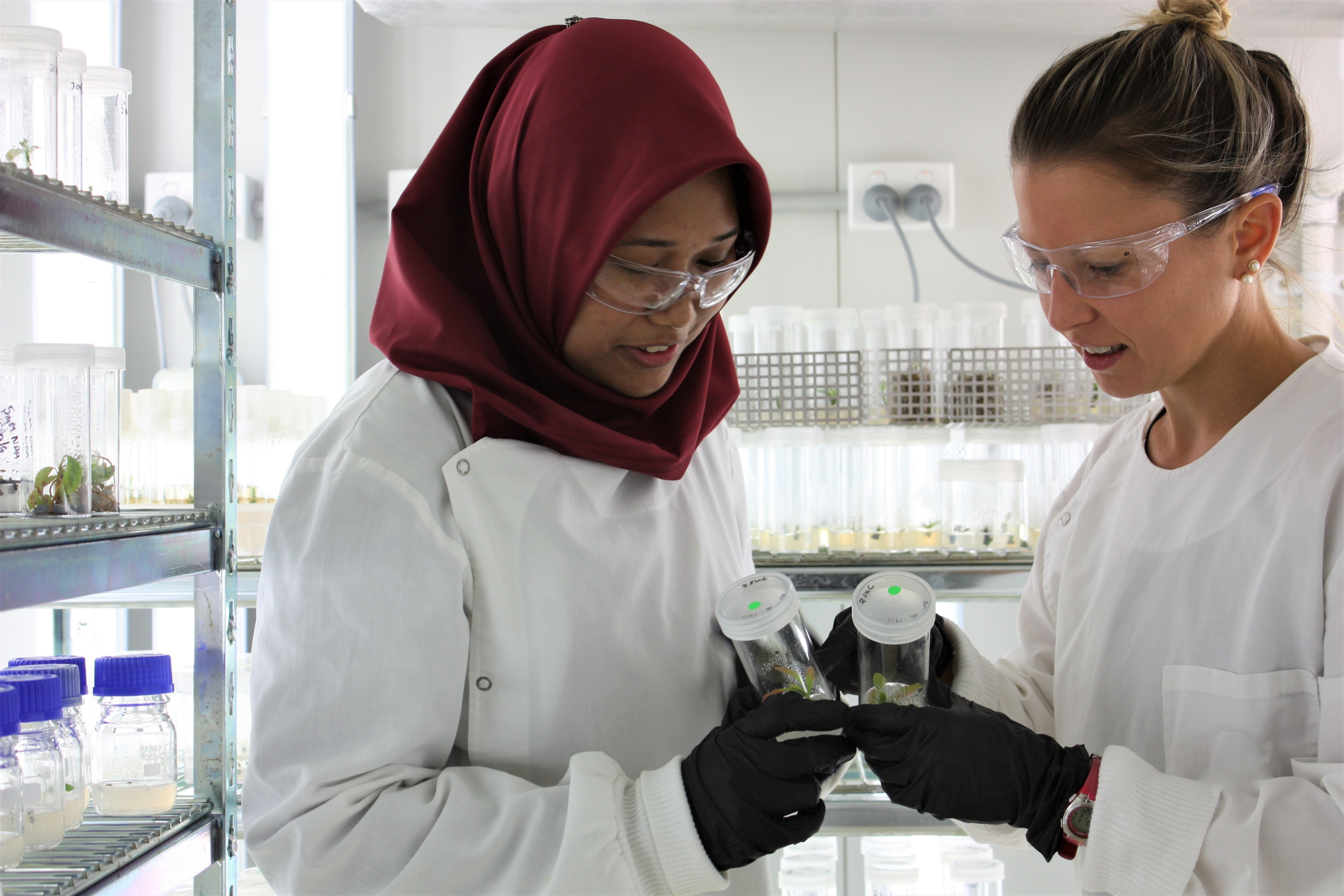
I'm super passionate about the environment and the problems of climate change, biodiversity loss and poverty facing our world.
Apart from the serious stuff, I love doing simple things like going for walks with my family, lying on the grass, binge-watching Netflix and sleeping! I also love triathlon (except for the swimming part, that just sucks), but between work and a toddler, it's taken a back seat. However, I have every intention of continuing with it in future.
What are your long-term career goals? Where do you want to be in 5 years?
I have to let you down here; I've never been good at planning far ahead. I just keep saying yes and chasing whatever opportunity comes next. Also, jobs in academia are not easy to come by, unfortunately, and are often contract-based due to how research funding works in Australia. So, I aim to be successful in funding applications and pushing forward our extraordinary research at UQ – working on something that matters to me.
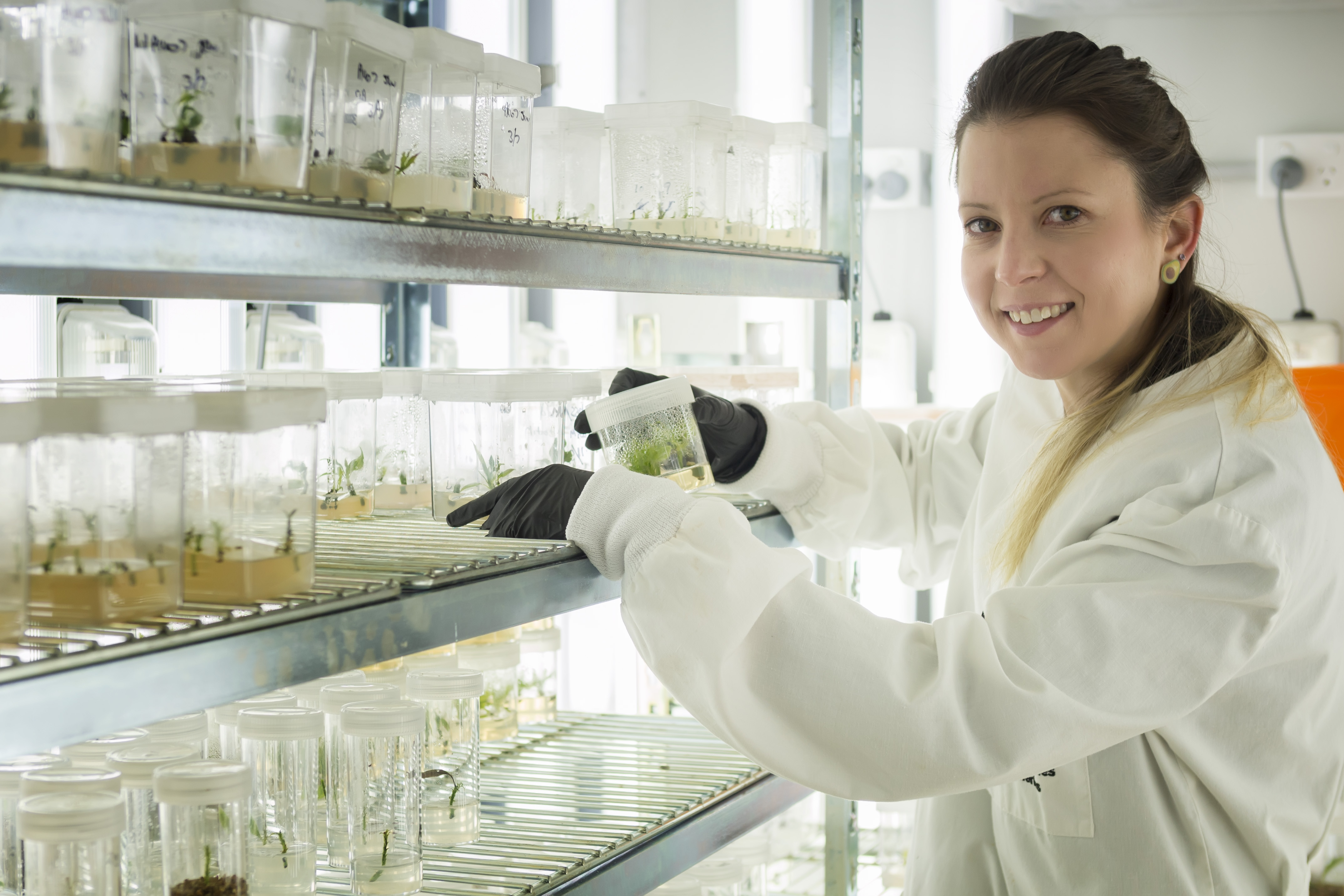
Image credit: UQ Media
After all that, I want to retire, travel, volunteer in an elephant sanctuary and plant as many trees as an old lady can plant.
What advice do you have for girls interested in STEM?
Do what you like doing. Often this might be something you're naturally good at.
Think about what matters to you, so that in 20 years’ time you feel like you're making a difference in something you care about.
Be a nice person and work hard – you will find others will support and work hard for you too, and opportunities will open up.
A good education in STEM is so important, even if you don't end up wanting a career in STEM.
Imposter syndrome is REAL.


